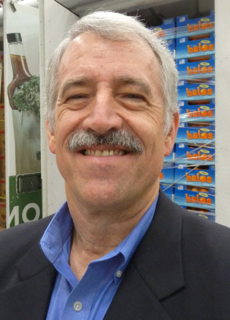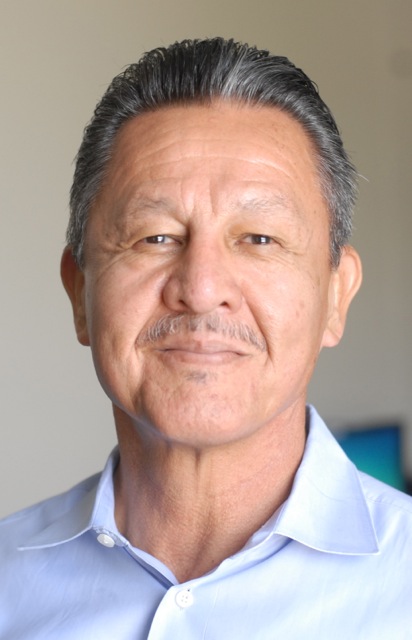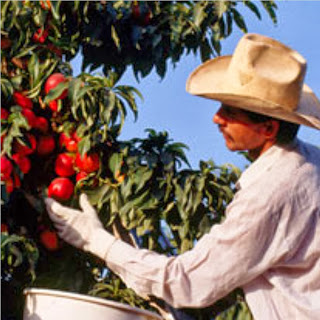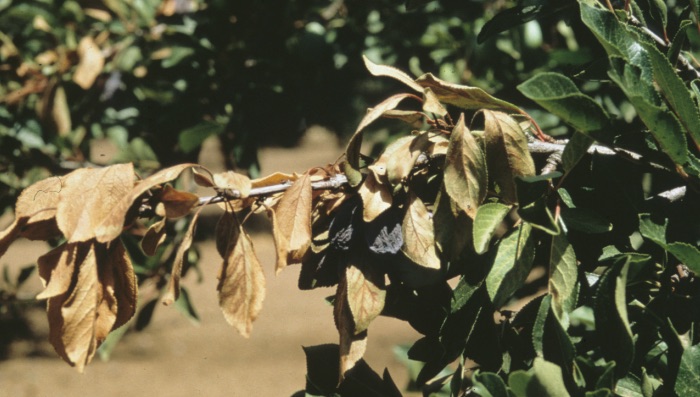Plums
Farmers Generous to Food Banks
Farmers Generous to Food Banks
By Laurie Greene, Editor
California farmers are stepping up to supply fresh fruits, vegetables and meat products to the state’s network of food banks as part of the Farm to Family program. Jim Bates, chief financial officer of Fowler Packing in Fresno County, said “It’s a program we’ve been supporting for 20 years, starting with donations of peaches, plums and nectarines.”
“Unfortunately, 20 to 50 percent of the product we grow doesn’t make it to the marketplace,” Bates explained, “sometimes because of a very small cosmetic blemish. Bates says farmers like him really want to take advantage of these unmarketable crops and help the working poor in the Valley. “We don’t want to dump this product; we definitely want to donate it. So, we have developed contacts with the food banks and found ways to transport our products in cardboard bins, plastic bins—whatever they can take—and get it to them.”

Jim Bates, chief financial officer, Fowler Packing
Bates noted that Fowler Packing, which farms and ships tree fruit, including mandarins, and table grapes, is doing well, and the company would like to pay it back. “We have made big investments over the years; we’ve retooled our packing house, our mandarin and table grape operations are doing well, and we’ve had good times. We want to give back to the local community that has been so good in supporting us year in and year out.”
Andy Souza, president and CEO of the Community Food Bank in Fresno, noted the dramatically increased produce and meat donations from farming companies, “from almost 19 million pounds a year to almost 40 million pounds in the last three years. And yet, in our service area, we are only meeting about two-thirds of the need. We serve all five counties from the southern end of Kern County, including Tulare, Kings, and Fresno Counties, all the way to Madera County, and the need just continues to grow. We have seen the drought; we have seen the effect of changing commodities; and the impact on farm labor is a very natural part of an economy.”
Souza said Community Food Bank’s connection with those in need is critically important. “It is not just doubling the amount of pounds,” he elaborated, “it is the fact that for so many of the families we serve, we are the only source of fresh produce for them. And the result of not getting fresh produce is what we have seen in each of our five counties: childhood obesity rates over 40 percent.”
“It is rewarding for us to be the vehicle that actually touches the lives that these farming families are supporting. Without their support and donations, it would be an empty warehouse. We, in turn, provide the connection to our families in need. Our staff knows, on a very personal basis, the opportunity to hand fresh food, fresh produce, to families knowing it will be on their tables that evening,” Souza noted.
Souza said quite candidly, he has learned over the last five years, all he has to do is ask the farming industry for help. “The farming community, the ranching community—agriculture in general—is very giving if we ask. We have also learned you don’t ask the packing shed in August. By the time August rolls around, first, they are just incredibly busy; and secondly, they made those decisions in February. So we are learning and looking to the industry for great support and great help. We have been able to make an incredible partnership with the agricultural community here in the Valley.”
Souza said cash donations from companies and from the general public also help immensely because “the ability we have to stretch financial donations is incredible. For every dollar that is donated, we can provide seven meals for a family. If folks would love to come alongside us, we can be reached at communityfoodbank.net. There is a “Donate Now” button there, and we would love the opportunity for folks to partner with us. Right now we have just over 8,000 partners each year and we would love to see that number grow to 10-, 12- or even 15,000.”
_____________________
















